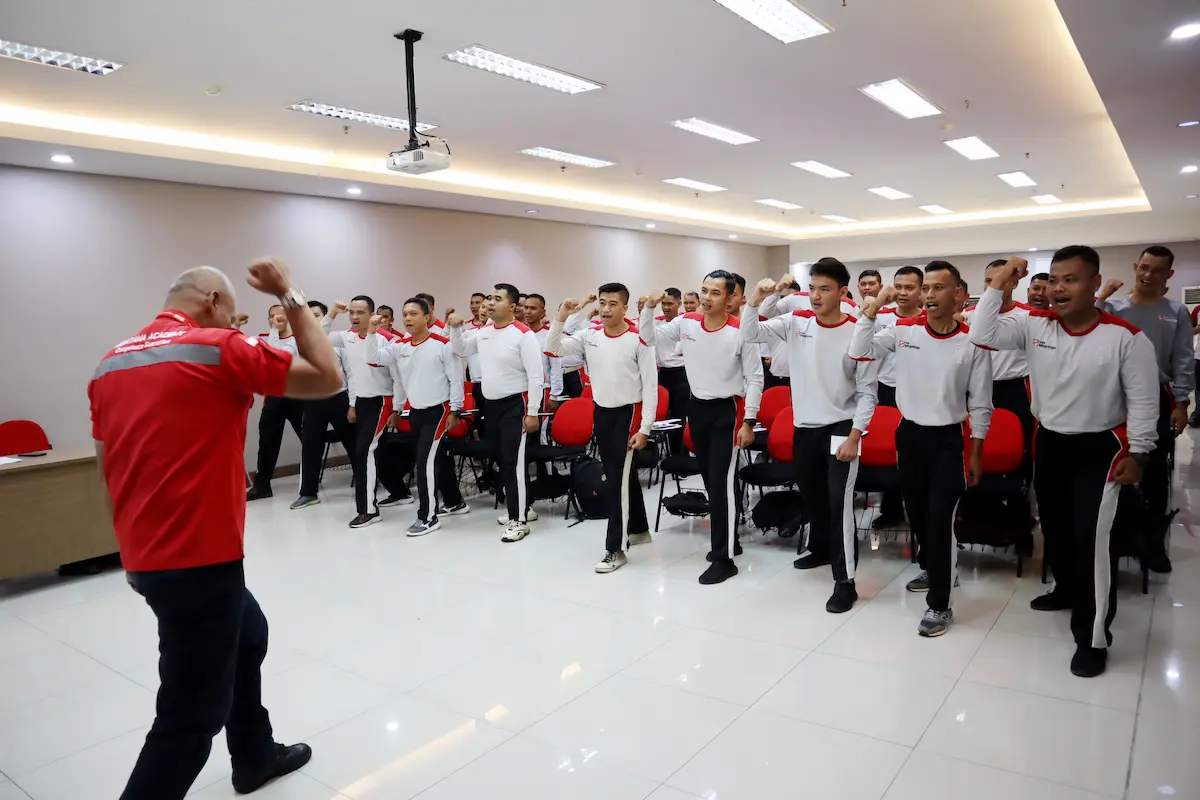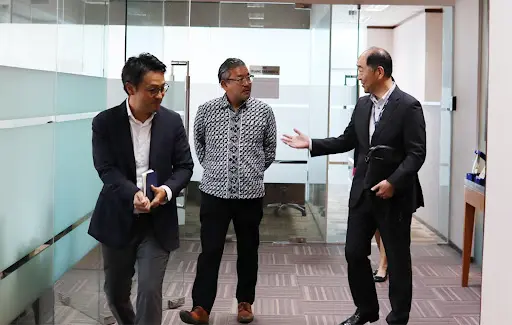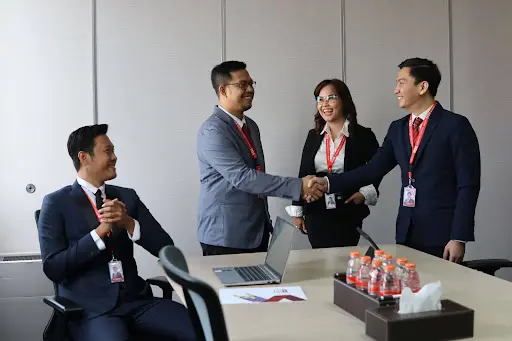Company Security SOP: Essential Standards That Must Be Implemented
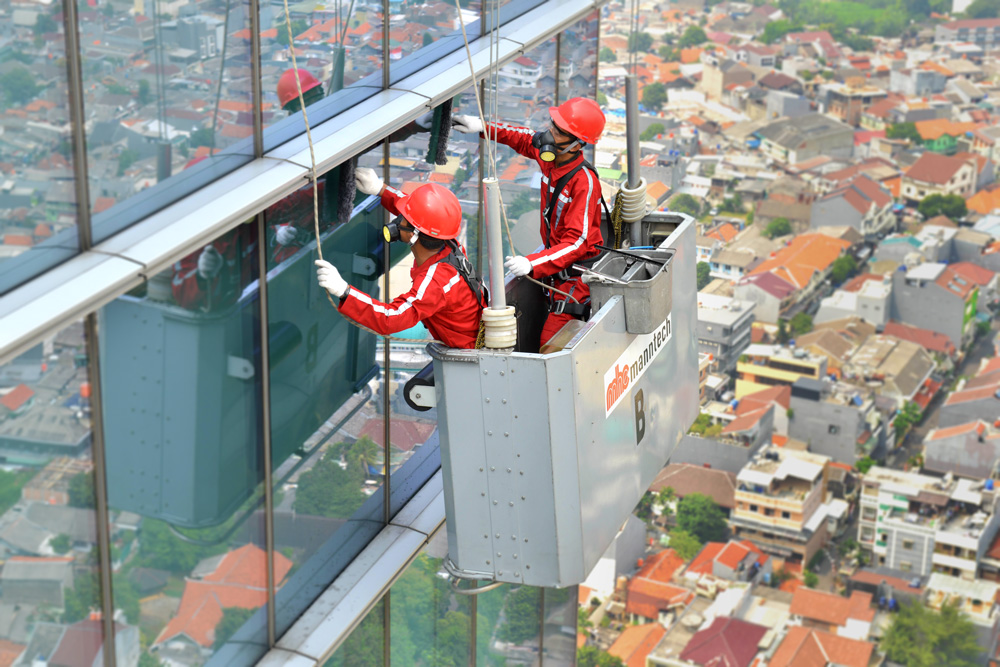
Team Shield On Service
Editorial
23 April 2025
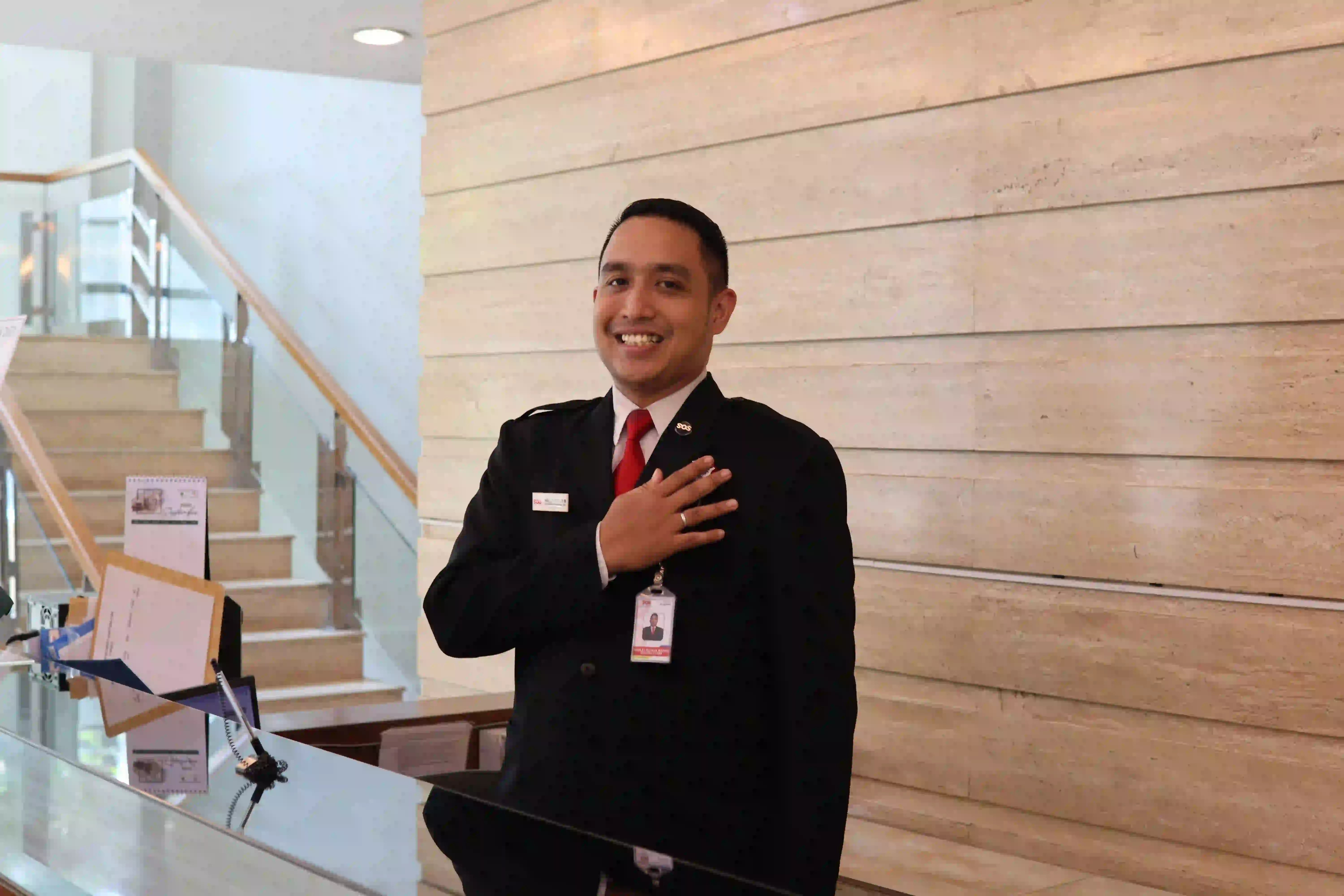
Security is the foundation of a company’s sustainability. In facing both external and internal threats, companies must have clear and structured guidelines to protect their assets, data, and personnel. This is where the role of an SOP (Standard Operating Procedure) becomes critical.
Without clear operational standards, security measures can become inconsistent, risky, and may even damage a company’s reputation. This article will thoroughly discuss the company security SOP—from its definition and importance to its implementation steps. Read the full discussion below!
Benefits of Implementing a Company Security SOP
Implementing a company security SOP brings numerous vital benefits to workplace security systems. Here are the key advantages:
-
Consistency in Task Execution
SOPs ensure that all security personnel carry out procedures in the same way, without differing interpretations. This establishes clear and professional work standards.
-
Improved Security Service Quality
With a structured SOP, all security activities are conducted systematically rather than based on spontaneous decisions. This enhances both credibility and the effectiveness of security services.
-
Reduced Risk and Procedural Errors
SOPs are designed to prevent mistakes in handling situations. Proper procedures help minimize risks to the company’s assets—both physical and non-physical.
-
Ease of Audit and Performance Evaluation
The company security SOP serves as a reference that simplifies both internal and external audits. It also enables more objective performance evaluations.
-
Increased Stakeholder Trust
Having an SOP shows that the company maintains a serious and professional security system. This boosts employees' sense of safety and builds trust among business partners and clients.
Read Also: 7 Professional Ethics for Security Guards to Ensure Service and Safety
Types of Company Security SOPs
A company security SOP is an official document that provides technical and procedural guidelines for consistently running a security system. The main goal is to ensure uniform actions by all security officers, reduce the risk of errors, and streamline supervision and evaluation processes.
Here are several types of company security SOPs you should know and implement:
1. Daily Security Guard Duties SOP
This SOP outlines all routine activities for security officers, from shift handovers and logbook entries to daily reporting to supervisors. Every task must be performed on schedule and according to procedure to maintain continuous monitoring.
This SOP also requires guards to conduct routine patrols, monitor vulnerable areas, and ensure that all security devices are functioning. Adherence to this SOP directly affects the effectiveness of security.
Additionally, the document emphasizes the importance of clear communication between officers within the same shift and across shifts to avoid miscommunication.
2. Visitor Admission and Inspection SOP
This SOP ensures that all visitors entering the company premises are properly registered and go through standardized checks. It includes recording identity details, purpose of visit, and issuing visitor IDs.
Security personnel are also required to inspect suspicious items and ensure that visitors are escorted while in restricted areas to prevent external threats.
3. Emergency Response SOP
This SOP prepares security officers for emergencies such as fires, earthquakes, or terrorist threats. Guards are trained to act promptly according to protocols, including evacuation and securing the premises.
The document includes evacuation route maps, assembly points, and designated roles for each team member during a crisis. Speed and accuracy in action heavily rely on SOP familiarity.
4. CCTV and Alarm System Monitoring SOP
Officers stationed in control rooms must thoroughly understand and strictly follow this SOP. CCTV monitoring must be active, with timestamps and incidents properly recorded.
Any suspicious activity must be immediately reported and followed up. The SOP also outlines periodic checks of alarm systems and video data backups.
5. Internal or External Conflict Handling SOP
When conflicts arise between employees or with outsiders, security officers must de-escalate the situation, secure the area, and report the incident according to procedure.
This SOP requires guards to act neutrally, without emotion, and always prioritize communication and peaceful resolution. Officers must also collect data and evidence for incident reports.
Read Also: 6 Criteria for Choosing a Reliable Banking Security System
Key Components of a Company Security SOP
Each company has different security needs. However, in general, there are several essential components that are always part of a company security SOP. These components ensure that all security activities are effective and in line with established operational standards.
1. Surveillance and Patrol Procedures
A core element of a company security SOP is routine surveillance and area patrols. Security personnel must conduct regular patrols to ensure there are no threats, disturbances, or suspicious activities on-site. This includes inspecting vulnerable areas, monitoring access points, and submitting environmental reports.
2. Access Control Procedures
This component includes all measures taken to restrict and regulate who can enter the company area. Company security SOPs usually cover ID card usage, guest logbooks, and baggage inspections. The goal is to prevent unauthorized individuals from entering and to protect data and company assets.
3. Emergency Response Procedures
Emergencies like fires, thefts, or natural disasters require prompt and correct action. Therefore, the company security SOP must include clear guidelines on what to do in such events, including evacuation procedures, notifying authorities, and coordinating with internal emergency teams.
4. Reporting and Documentation Procedures
All security activities or incidents must be properly documented. Company security SOPs should include daily reports, incident logs, and security evaluations. This documentation is essential for analysis and future improvements to the security system.
5. Visitor and Vendor Handling Procedures
Interactions with external parties like guests or vendors are also crucial parts of the company security SOP. These procedures regulate identity verification, escorting visitors on site, and logging their activities. The goal is to ensure that every visit is safe and compliant with company protocols.
A company security SOP is more than just a procedural document—it’s the backbone of a professional security system. By applying the right SOPs, you not only protect critical assets and data but also foster a sense of safety for employees and visitors alike. However, consistent implementation of SOPs requires experienced and reliable security personnel.
Read Also: 3 Outsourcing Work Systems and How to Manage Them
Boost Your Company’s Security with Professional Support from SOS!
Does your company already have an effective and properly implemented company security SOP? If not, don’t worry—SOS is ready to help you design and implement an SOP tailored to your business needs.
We offer Security Services delivered by professionals certified by the Indonesian National Police. With extensive experience, intensive training, and strong dedication, the SOS team ensures comprehensive protection for your work environment. Consult your company's security needs and experience real protection with SOS.
Contact SOS now via WhatsApp for integrated security services and the best support to protect your company’s assets and human resources!

